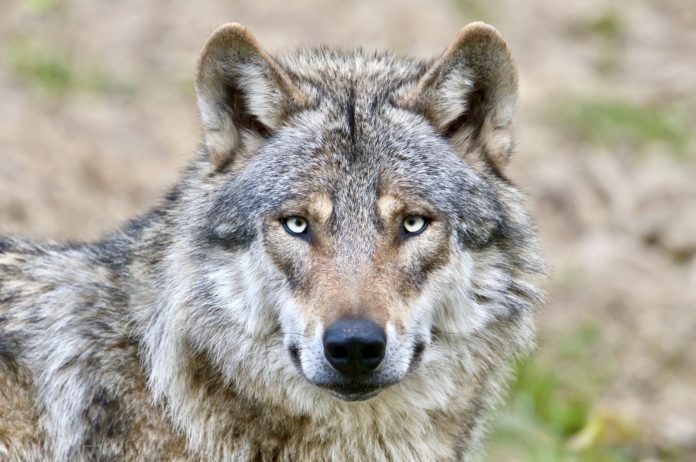
Conservation Groups Work To Stop The Killing Of Endangered Wolves Over Conflicts With Livestock In Washington
You can help all animals and our planet by choosing compassion on your plate and in your glass. #GoVeg

You can help all animals and our planet by choosing compassion on your plate and in your glass. #GoVeg